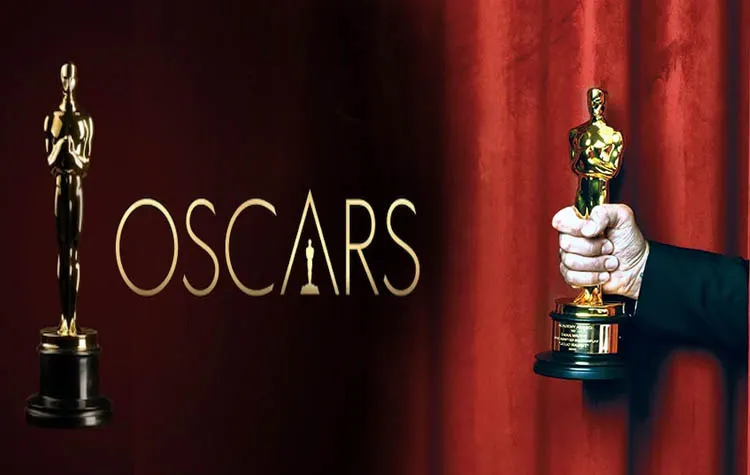
The Academy of Motion Picture Arts and Sciences has announced the official date of the 98th Annual Academy Awards, on March 15, 2026. Along with this revelation, the Academy made some major policy changes to the upcoming event. Among the new additions to the list is film produced by artificial intelligence (AI)—something that will receive Oscar awards for the first time in the awards' history. This shows how the industry and innovative technology are coming together and sticking to timeless artistic standards.
Other modifications include modification of voting processes, introduction of a new category of "Achievement in Casting," and the phased addition of "Stunt Design" as an award category in future versions. Films running between January 1 and December 31, 2025, will qualify for nomination.
Key Dates and Eligibility Criteria for Oscars 2026
The 98th Academy Awards ceremony will be held on March 15, 2026, at the Dolby Theatre in Los Angeles. Films released between January 1 and December 31, 2025, are eligible to be nominated for all standard categories. The music-related categories submission deadline has, however, been set for October 15, 2025. The nominees list will be announced on January 22, 2026.
These timelines reflect the systematic procedure of the Academy to judge and sort entries in an organized way to ensure each entry faces equal and intense scrutiny.
New Category: Achievement in Casting
For the first time in history at Oscars, a fresh competitive category—"Achievement in Casting"—has been introduced. The category will be a two-round voting one, with casting directors being assessed in early rounds before final votes are registered. The new regulation has imposed on all Academy members watching each of the shortlisted films before casting their vote, re-establishing an inclusive and equitable judging system.
This move recognizes the important role played by casting experts in the art of storytelling on film and respects their artistic endeavors as much as directors, writers, and actors.
AI Films to Be Nominated for Oscars
In a landmark move, the Academy officially declared that films produced using artificial intelligence would be eligible for consideration for the 2026 Oscars. This move is the shifting landscape of film-making, with AI increasingly being utilized in scriptwriting, visual effects, editing, and even performance generation.
Despite this advancement, the Academy emphasized that traditional, human-led filmmaking will remain a priority. Films created primarily by humans will be given preference in jury assessments to preserve the integrity and artistic values of the awards.
Clarifications on AI’s Role and Jury Prioritization
The Academy articulated it clearly that while AI-generated films are more than welcome, they are not going to replace or debase human imagination. Human contribution will be the first to be criticized, so that creativity is not at the expense of creative effort. The choice is intended to encourage moral and ethical use of AI technology in filmmaking.
By this balance, the Oscars 2026 aspires to find room for innovation without losing its rich history of honoring excellent human storytelling and craftsmanship.
Inclusion of the Stunt Design Category
In addition to the 2026 changes, the Academy has also revealed that a new award for "Stunt Design" will be added starting with the movies released in 2027. The action follows increased industry support for acknowledging the technical artistry and creative craftsmanship of stunt professionals. While it will not affect the 2026 ceremony, the addition marks a significant change in how the Academy takes into account work behind the scenes.
By revealing the category ahead of time, the Academy provides some advance notice for producers and studios to make alterations and prepare for the new competitive environment.
Adjustments in Voting Procedures
The Academy has updated its in-house voting rules to ensure greater transparency and more comprehensive consideration procedures. Members will now be expected to preview all the nominated pictures in categories upon which they vote, a deficiency that was long inherent in the process. Furthermore, voting processes on new and new categories will be accompanied by systematic steps, particularly for those categories demanding technical expertise like casting and production design.
These reforms are aimed towards more fairness, representation, and credibility to all types of votes.














